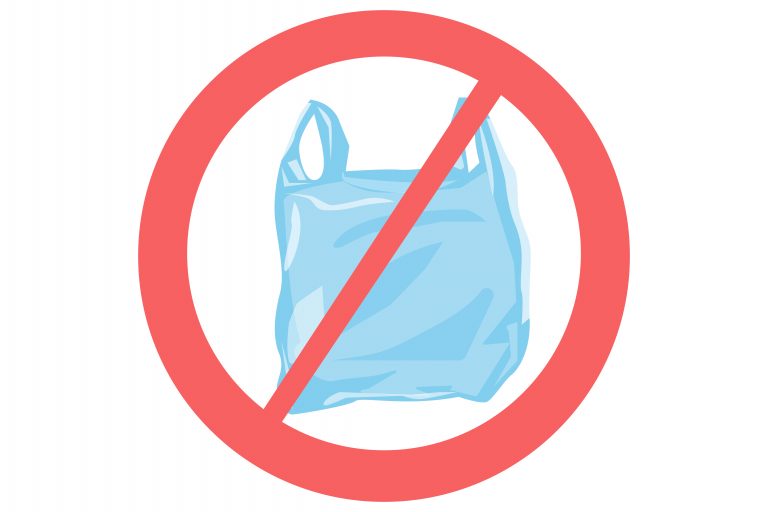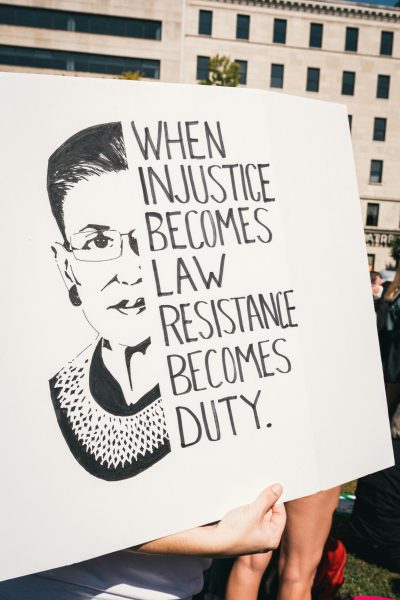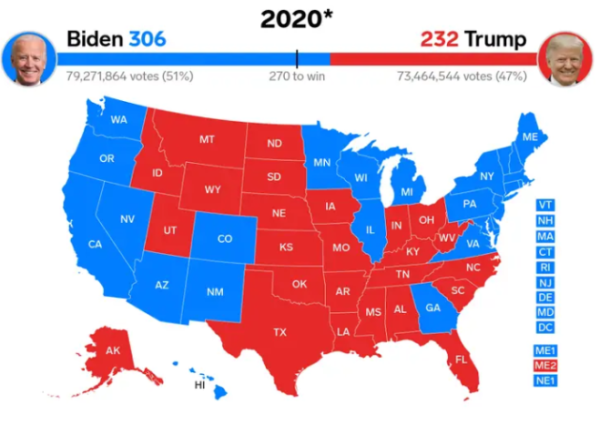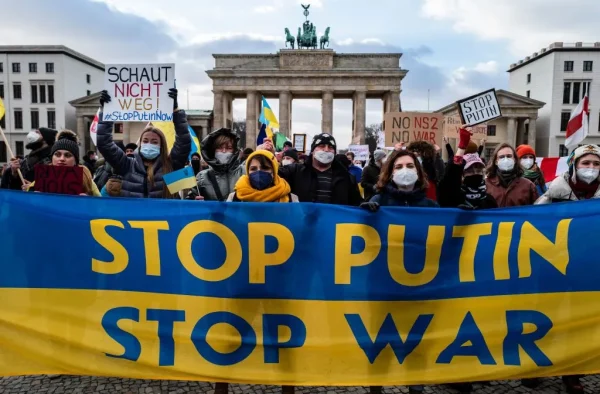We Need to Talk About New Jersey’s Plastic Ban
With all the talk of a plastic ban in New Jersey, it’s hard to keep track of what is going on. You may have noticed slight changes in the use of plastic when you go to a local grocery store or restaurant, or maybe you’ve seen companies, like Chick-Fil-A for example, starting to use paper straws. But these rules seem like they’re changing every day, so this article will be giving a rundown on what a “plastic ban” would entail, the rules that are in place for New Jersey’s current and future actions on plastic, how we compare to the rest of the country, and if it’s effective or not.
Before we dive deeper into the subject of plastic bans, let’s clear things up on what it actually is. A plastic ban is a regulation typically implemented by the government to reduce or eliminate the use of plastic from grocery stores, restaurants, households, or an entire region. For example, Bangladesh implemented the first plastic ban in 2002 to eliminate single-use plastic bags because they blocked drainage systems during floods. One of the main reasons environmental activists have been advocating to ban certain non-reusable plastics used in everyday life is because of how harmful it is to the environment. Plastic can cause many problems such as polluting wildlife habitats, which is then ingested by the animals that live in them. Plastic also causes issues in landfills due to how long they take to decompose, and how negative of an impact they have on the planet overall. Because of the environmental impacts of the production and use of plastics, many parts of the world are implementing these bans, including many states in America.
Since November 4, 2021, restaurants and fast food establishments were no longer allowed to hand out plastic straws unless specifically requested by the customer in New Jersey. This means that these places couldn’t have their straws out in the open anymore; instead, they had to be behind the counter and you have to ask if you need one. This was NJ’s first step towards introducing some of the strongest plastic bans in the nation. On May 4, 2022, New Jersey put into effect a complete ban on single-use plastic bags from essentially all business including but not limited to, grocery stores, retail, restaurants, and food services. Along with the plastic bag ban ,New Jersey is also prohibiting any restaurants from selling polystyrene foam (also known as, styrofoam) takeout boxes and cups. Stores bigger than 2,500 square feet can be fined if they are found selling paper bags. According to Governor Phil Murphy’s office, this ban will be “the strongest such ban in the country”.
It might feel a little bizarre or out of the blue to some when they hear about the sudden disappearance of such a common item like the plastic bag, but New Jersey isn’t alone when it comes to the rest of the country. On May 4th, when New Jersey began enforcing the plastic bag ban, it became the 9th state in the country to do so. Many states such as California and New York are passing into law the same types of bans as NJ, mainly focusing on plastic straws and grocery bags. Although these states began imposing their plastic bans in place before New Jersey, they were not as heavily enforced from the get go. States like New York didn’t have any consequences for distributing plastic bags up until over seven months after the bill was put into effect. Even now, stores only get up to a $500 fine. More recently, cities like Philadelphia started enforcing their law six months after it was passed, very similar to the situation in New York. New Jersey, on the other hand, is expected to heavily enforce this law and retailers will get let off with a warning on the first offense, then will be fined $1,000 per day on the second offense. And if the establishment is still found selling plastic bags they will receive a $5,000 fine per day. So there is a lot at stake for New Jersey residents in comparison to surrounding areas.
To wrap up we need to ask the question, is this ban actually effective? To answer, we can see in California that 71.5% of plastic bag usage decreased after the ban. Over 70% is substantial, but any decrease in the use of plastic bags means the ban is working, so overall these are very effective in general. It might seem awkward or like an inconvenience to some shoppers at first, but these bans are trying to improve the quality of our state and live up to our name as The Garden State.





